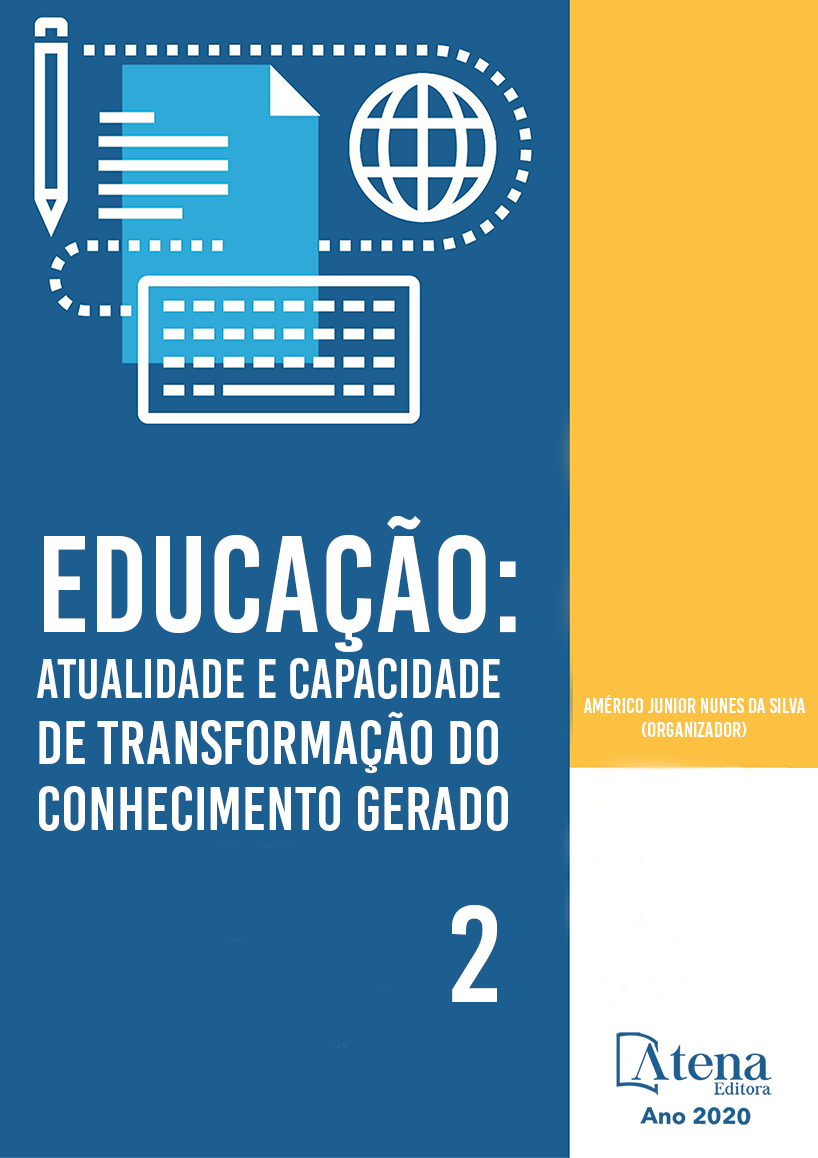
FORMAÇÃO DE PROFESSORES NO ESTADO DO RIO DE JANEIRO: O ENSINO NORMAL NA REFORMA ESTADUAL DE MANUEL DUARTE (1928-1929)
A formação de professores é pauta permanente nas políticas educacionais contemporâneas e assim o foi em outros momentos da história da república brasileira. O projeto republicano de modernização do país passava pelo combate ao analfabetismo e para tal, era fundamental ampliar a oferta do ensino primário nas regiões mais longínquas. A ampliação numérica das escolas está atrelada ao crescimento do quadro docente. A questão que vem conduzindo o nosso processo investigativo é: quais foram as ações empreendidas para prover de professores as escolas estaduais? Situamos nossa pesquisa no campo da História e Historiografia da Educação, tendo como recorte temático a História da Formação de Professores e da Profissão Docente, tendo recorte temporal a década de 1920. O ponto de partida das nossas análises são fontes primárias, mensagens enviadas pelo presidente do estado do Rio de Janeiro, Manuel Duarte, ao poder legislativo, onde eram apresentadas as ações realizadas no ano anterior do mandato. No relatório de 1929 o presidente do estado apresentou os principais pontos da reforma do ensino implementada em 1928. Neste documento Manuel Duarte narra o andamento da implementação das mudanças desejadas e expõe alguns dados. Entre as inovações da reforma encontramos o (re)surgimento da Escola Normal Equiparada; a autorização para que professores diplomados em outros estados pudessem atuar no magistério estadual; e ainda destacamos comparação da formação Normal com aquela recebida pelo alunato do Lyceu de Humanidades, com a superestimação deste último. A partir de uma base documental composta por fontes primárias, procuramos analisar a narrativa do presidente de estado e cada uma das ações elencadas.
FORMAÇÃO DE PROFESSORES NO ESTADO DO RIO DE JANEIRO: O ENSINO NORMAL NA REFORMA ESTADUAL DE MANUEL DUARTE (1928-1929)
-
DOI: 10.22533/at.ed.85220200814
-
Palavras-chave: História da Educação. Formação de professores. Trabalho Docente.
-
Keywords: History of Education. Teacher Training. Teaching Work.
-
Abstract:
Teacher training is an ongoing issue in contemporary educational policies and has been so at other times in the history of the Brazilian republic. The republican project to modernize the country involved combating illiteracy and, for that, it was essential to expand the supply of primary education in the most distant regions. The numerical expansion of schools is linked to the growth of the teaching staff. The question that has been conducting our investigative process is: what were the actions taken to provide state schools with teachers? We situate our research in the field of History and Historiography of Education, with thematic focus on the History of Teacher Education and the Profession of Teachers, with a temporal approach to the 1920s. The starting point of our analyzes are primary sources, messages sent by the president from the state of Rio de Janeiro, Manuel Duarte, to the legislative chamber, where the actions carried out in the previous year of the mandate were presented. In the 1929 report, the state president presented the main points of the educational reform implemented in 1928. In this document Manuel Duarte narrates the progress of the implementation and the desired changes and exposes some data. Among the innovations of the reform we find the (re) emergence of the Normal School Equated; the authorization for qualified teachers in other states to be able to act in the state teaching; and we also highlight the comparison of the Normal formation with that received by the Lyceu de Humanidades pupil, with the overestimation of the latter. From a documentary base composed of primary sources, we seek to analyze the narrative of the president of state and each of the listed actions.
-
Número de páginas: 17
- Thiago Bomfim Casemiro


